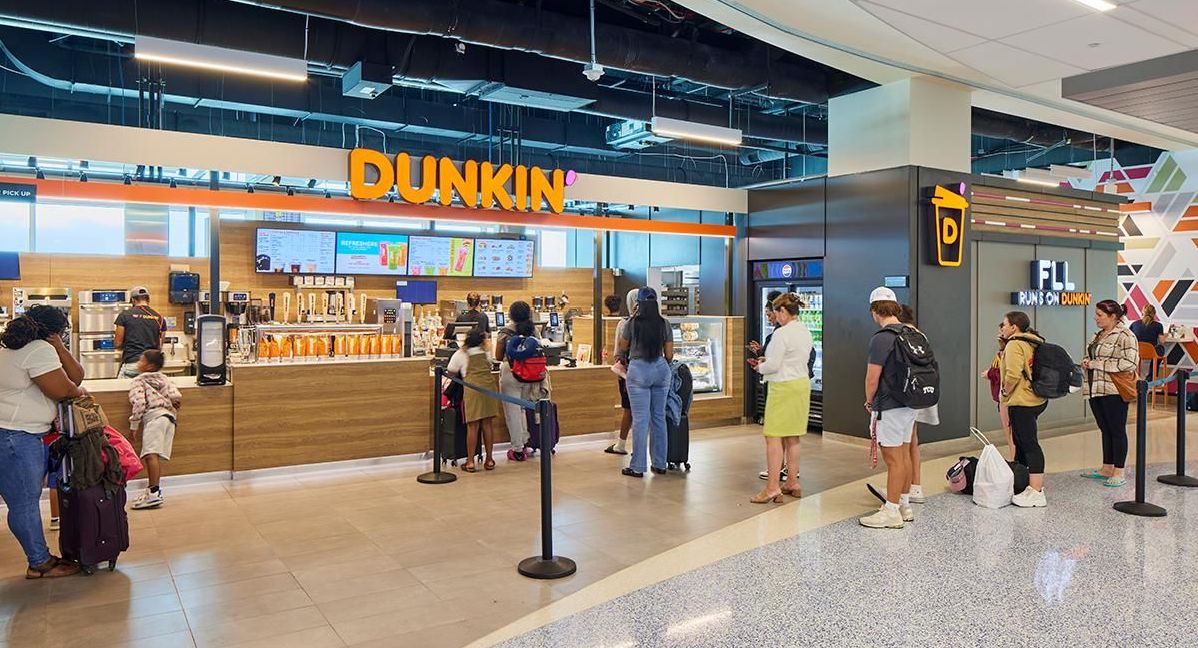GERMANY. German travel retailer Gebr. Heinemann has labelled new travel quarantine rules as “a bitter setback’’ for the entire travel industry.
From next month, people entering Germany from deemed coronavirus-risk areas will have to go directly to their own homes immediately after entry and remain isolated for 14 days.

Gebr. Heinemann Chief Operating Officer Raoul Spanger said: “Everything that affects travel confidence also has a direct impact on employment at our company and at the airports.”
Ending self-isolation will be possible at the earliest by a negative test on the fifth day after returning from a risk country, superseding the previous possibility of ending self-isolation by a test shortly before or after entry.
The Hamburg-headquartered company – which employs more than 8,000 people, primarily in the travel industry – said in a statement that it is afraid that other European countries are considering similar regulations and air traffic to many destinations in Europe will collapse again.
Spanger added: “A general quarantine obligation has the equivalent effect of a travel ban. We are in favour of the current testing regime. The new stricter regulations are a bitter setback for the many people who want to visit relatives and friends, have business appointments or want to go on vacation, and for the European tourism and aviation industry.”
The German company believes the planned new regulations are a serious threat to the entire travel industry and European governments should find ways to use the available testing capacity more effectively.
The statement from the company said: “If the authorities would not classify entire countries as risk areas, but rather only those regions with a high incidence of infection, the test capacity would be sufficient to test travellers from risk areas and make quarantine unnecessary.”
It added: “Our business at airports is developing in line with passenger numbers. Of course, everything that affects travel confidence also has a direct impact on employment at our company and at the airports. After we were able to resume operations in our European stores and even saw small signs of moderate demand there, our recovery is now being destructed again by the general quarantine obligation.”












